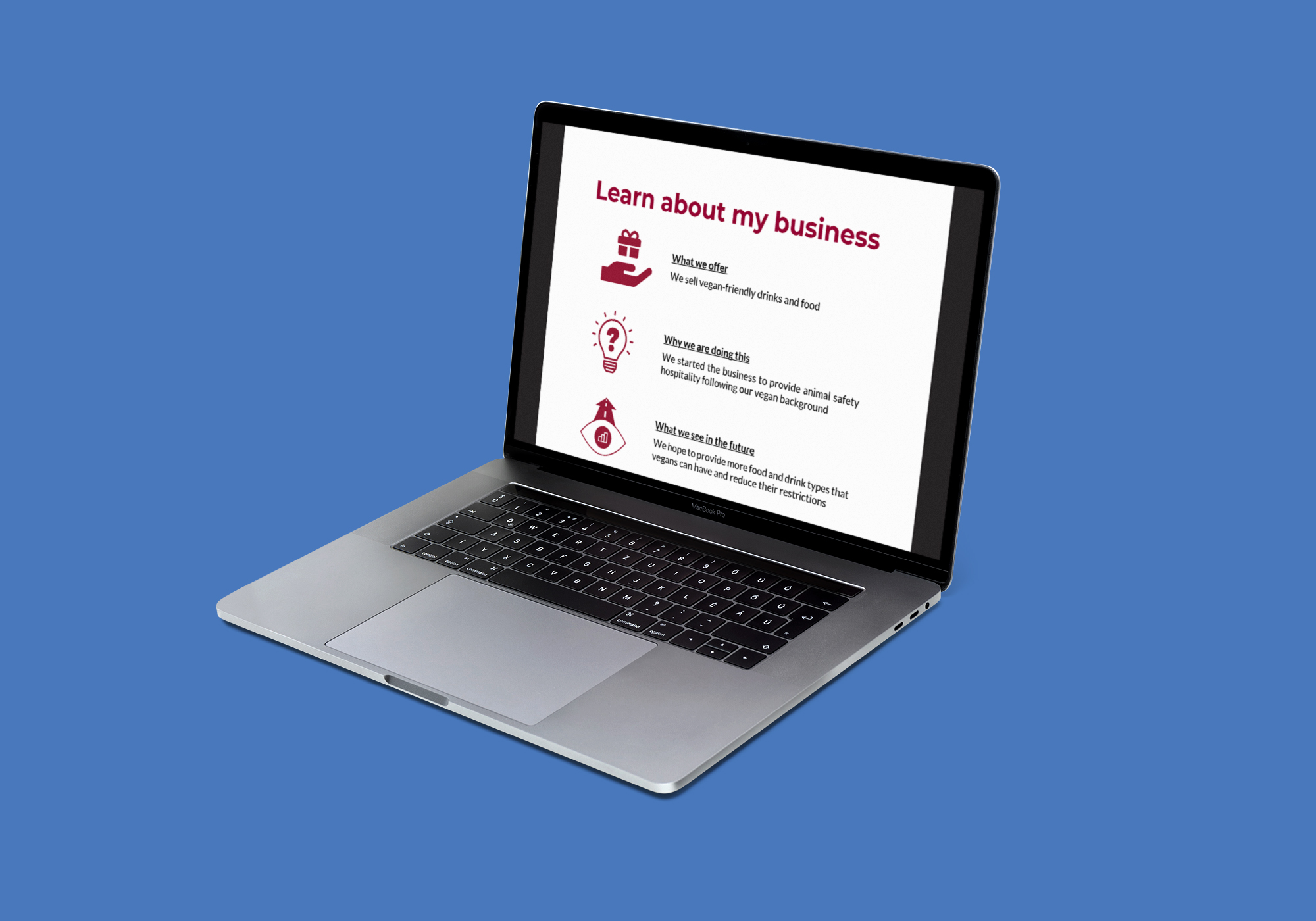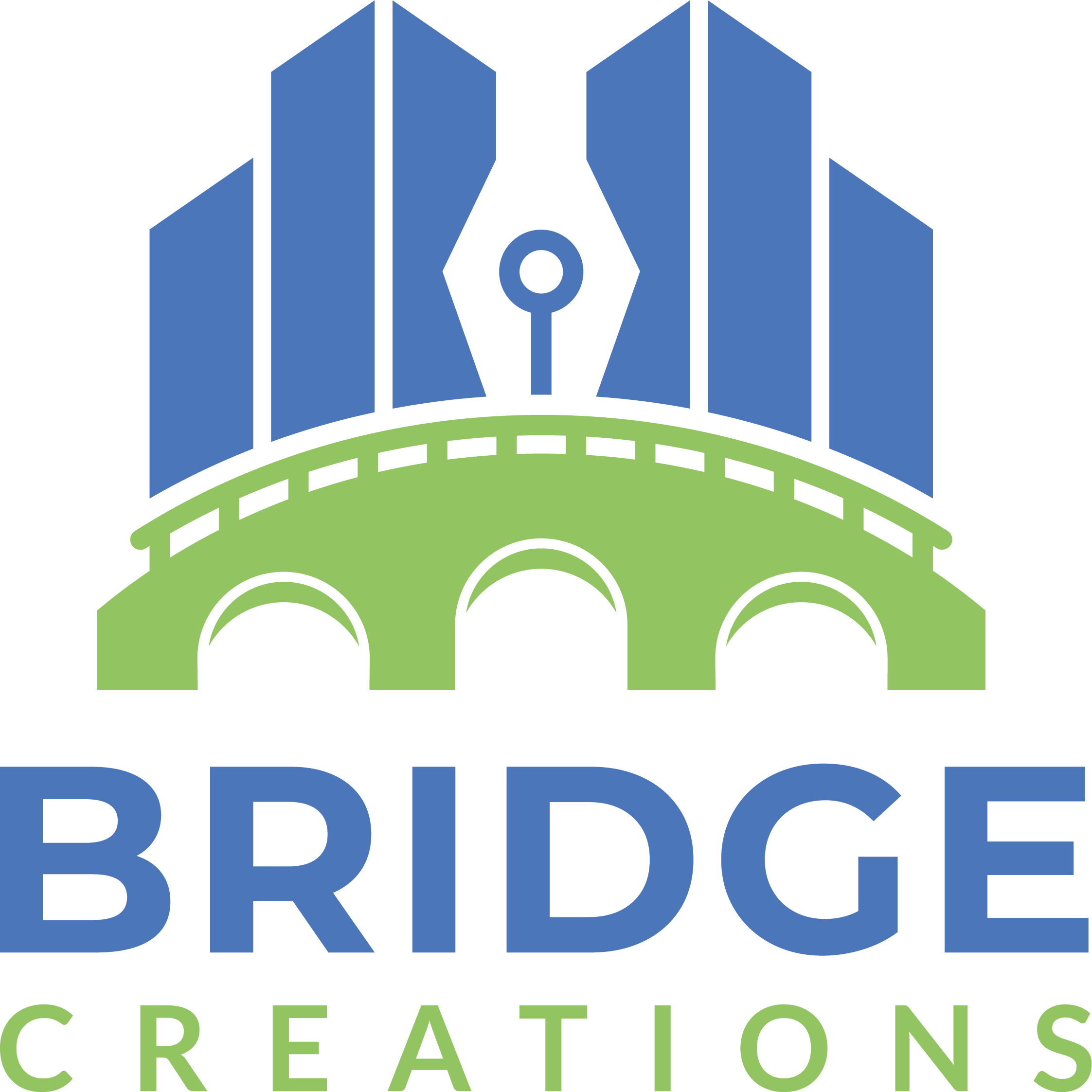Intellectual disabilities range from dementia, autism, neurodiversity, English being a second language and low literacy skills. The obstacle creates restrictions on thinking, learning, and reading, with the overflowing restriction affecting social interaction, employment tasks, interpersonal skills, and education. The cause involves literacy context applying jargon language, in-depth write-ups, and difficult terms, but yet nearly half of the Australian population read at a primary school level.
Resolving intellectual learning restrictions saw The Easy Read Toolbox create a distinct process to assist with easy learning. The business visioned mindfully applying icons, layout design, word count and condense text as an effective process to assist with learning restrictions. The process involves icons as the main focal point alongside small sentence portions to teach diverse contexts ranging from life skills to personal care, educational development, and workplace expertise. The formatting is applied to various media, including documents, flashcards, and online platforms.
The project involved developing icons in 2022 for a pilot study to build market entry trust. The Easy Read Toolbox provided training modules to understand format design, the influence of icons, layout guidelines and the need for accessibility. The pilot study saw the participants apply the icons to explain the standard structures of a business such as operations, revenue streams and expenses. The outcome saw participants finding the process unique, and helpful to create easy learning. The process helped distinguish easy learning from “easy English” by distinctly focusing on format design over altered grammar. In addition, the template and examples are supportive to understand their approach to teaching inclusively.
Exploring the effect of the pilot study envisions the process to be adopted by various stakeholders of educators, caretakers, and interpreters. The Easy Read Toolbox hopes to see the stakeholders apply the learning style to lead the inclusion sector to improve the learning experience for intellectual restrictions. The vision strives to increase services of learning to meet the standards of the NDIS by combining user journeys of accessibility and understanding.




